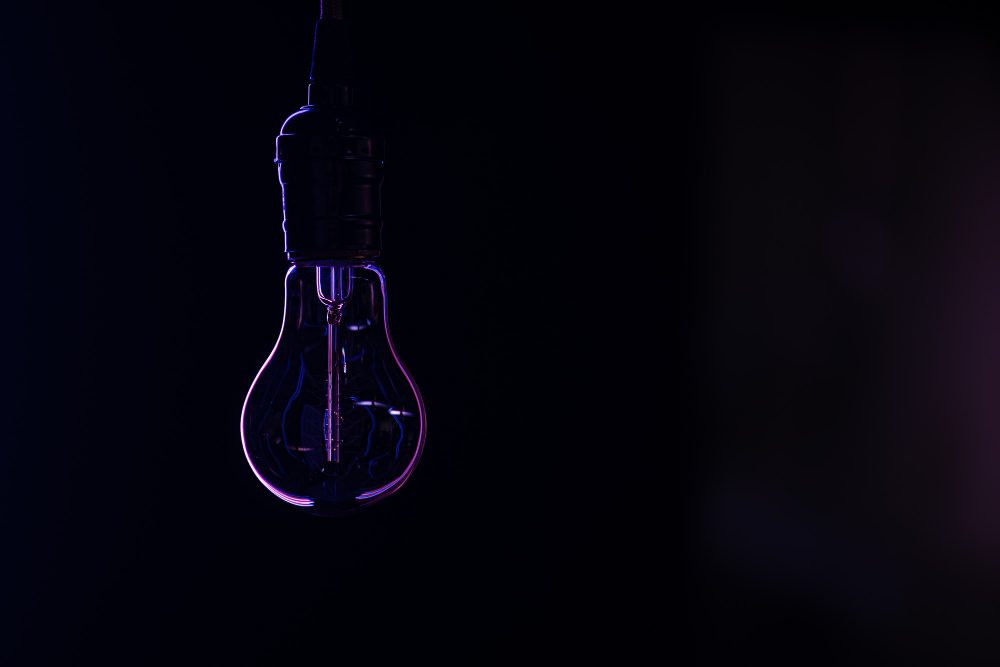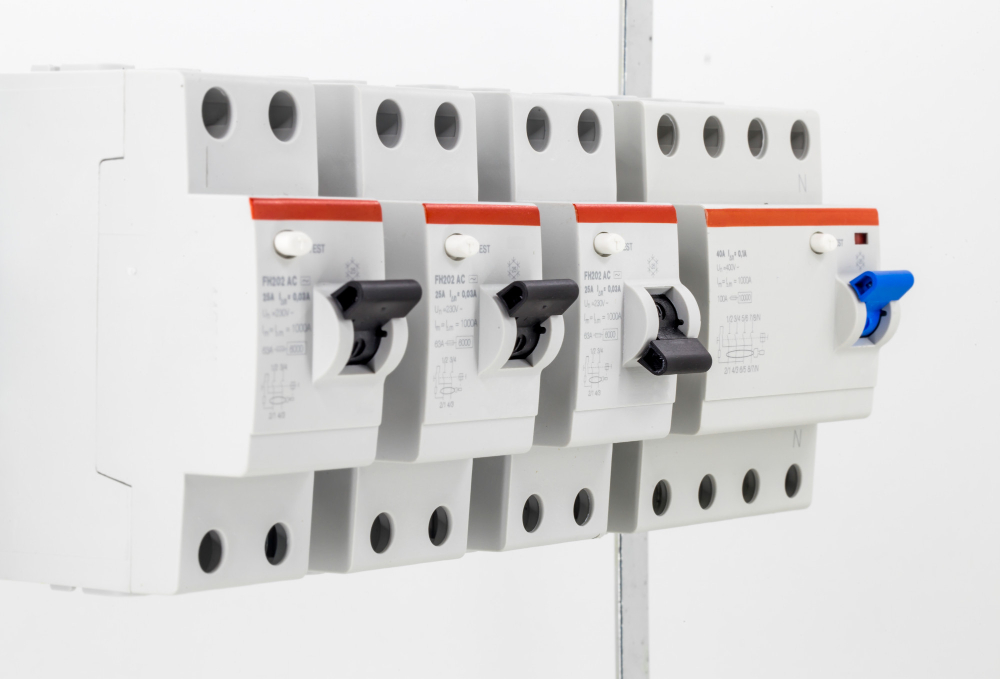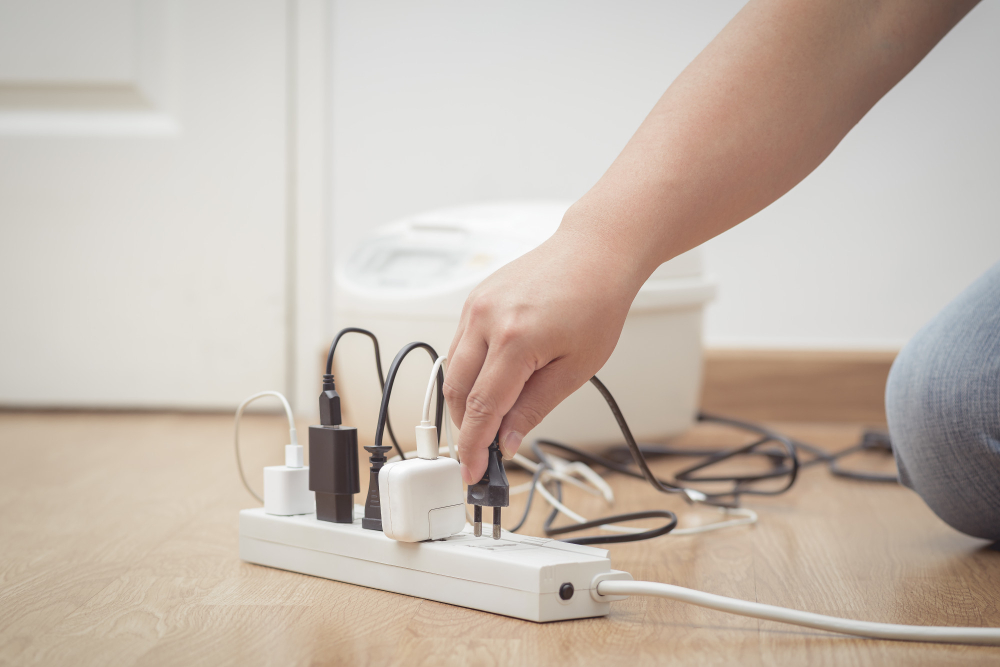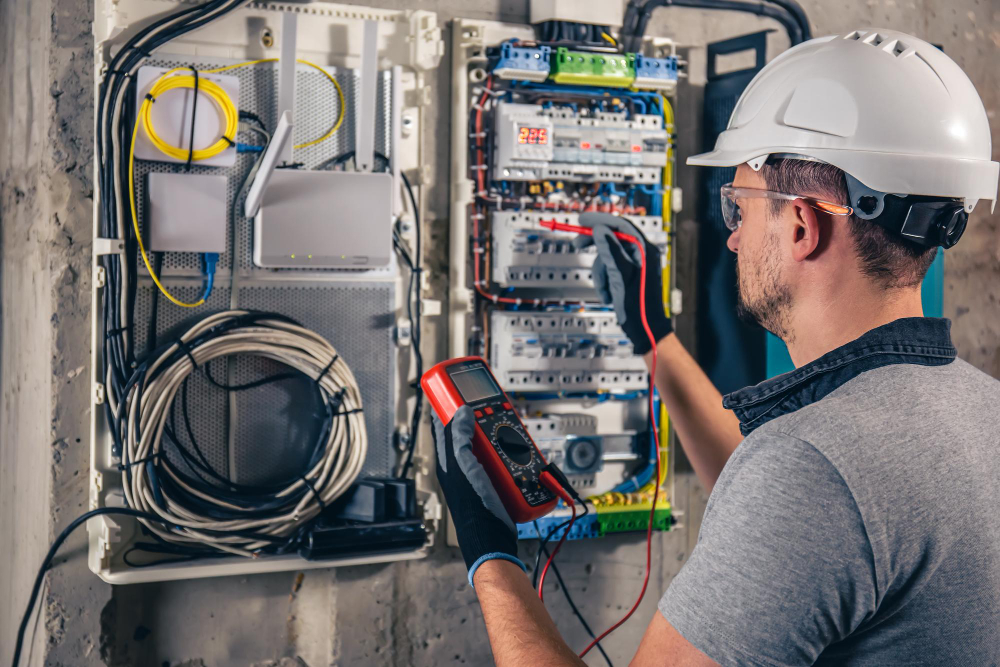Power Outages: Everything You Need to Know
Power outages can be a major inconvenience, disrupting our daily routines and leaving us without essential services.
Understanding the common causes of both planned and unplanned outages is crucial for homeowners and renters alike.
In this comprehensive guide, we will explore the various factors that can lead to power outages, both external and internal, and provide practical advice on what to do in the event of an outage and how to prevent future disruptions.
Struggling With Other Issues?
Is your internet failing to load the simplest of web pages? Check out our article on why your internet is so slow here!
External Causes of Power Outages
External power outages are instances where the loss of electricity is not directly related to the electrical wiring within a property. These outages can be attributed to factors outside of our control. Let’s take a closer look at two primary external causes of power outages.
Blackouts
Blackouts are widespread power outages that affect entire neighbourhoods or regions. When multiple houses in your area are without power, it is likely due to a blackout. Several factors can cause blackouts, including:
- Severe Weather: Storms can disrupt power lines, leading to widespread outages. Lightning strikes, fallen trees, fallen streetlights, and high winds are common culprits during stormy weather.
- Natural Disasters: Earthquakes and other natural disasters can cause significant damage to power infrastructure, resulting in prolonged outages.
- Vehicle Accidents: Accidents involving vehicles crashing into utility poles or other electrical equipment can cause blackouts in the surrounding area. Be cautious of any fallen powerlines should this be the case.
- Wildfires: In areas prone to bushfires in Australia, power companies may proactively shut off electricity to prevent the risk of fire, resulting in planned outages.
- Power Grid Overload: During periods of high electricity demand, such as heatwaves, the power grid can become overloaded, leading to blackouts across the electricity network due to these high loads.
- Animals and Wildlife: Animals, such as rodents or snakes, can cause short circuits by accessing electrical equipment.
To stay informed about blackouts, check your electricity provider’s website or social media for updates. You can also use services like Ausgrid to check the status of any power outages in your area using their outages map.

Unpaid Electricity Bills
One of the most common reasons for a power outage is failure to pay electricity bills. If you neglect to make your scheduled payments, your electric service company may disconnect your electricity supply. This can occur due to financial difficulties or simply forgetting to pay the bill. To resolve this issue, promptly pay your bill, and your service should be reactivated. If you are facing financial hardship, consider contacting your electricity company to discuss potential solutions.
Why is my elec bill so high?
Wondering why your electricity bill is so high? Find out how your bill stacks up with the Average Electricity Bill in Australia here.
Internal Causes of Power Outages
If your house is the only one without power in your neighbourhood, it is likely an internal problem within your property. Let’s explore some of the most common internal causes of power outages.
Tripped Fuses
Tripped fuses are a common cause of power outages within a property. When an appliance or light causes an anomaly, the fuse box’s safety features cut off the power. Restoring power is usually as simple as flipping the tripped switch back on. However, it is essential to identify the underlying cause to prevent future outages.

Faulty Circuit Breakers
Frequent power outages or a complete loss of power in your home could indicate a problem with your circuit breaker. Circuit breakers are designed to cut off electricity when surges or other issues are detected. However, if the breaker itself is faulty, it may trip more frequently than necessary. Contacting a professional electrician is recommended to diagnose and rectify the issue.
Overloaded Power Boards
Many households use power boards to expand the number of available electrical outlets. However, overloading power boards can lead to tripped circuits and outages to the power supply. It is crucial to ensure that power boards are not overwhelmed with too many electronic devices. Unplugging devices that are not in use and avoiding daisy-chaining power boards can help prevent overloads.

Dealing with Power Outages
Experiencing a power outage can be frustrating, but there are steps you can take to manage the situation effectively. Here’s what you should do during a blackout and when to seek professional assistance.
During a Blackout
During a blackout, it is essential to remain calm and take necessary precautions. Here are some tips to help you navigate through the outage:
- Safety First: Ensure the safety of everyone in your household. Use flashlights or battery-powered lanterns instead of candles to minimise fire hazards.
- Food Safety: Keep your refrigerator and freezer closed as much as possible to preserve perishable items. Once the power is restored, check the temperature and condition of your stored food before consumption.
- Stay Informed: Check your electricity provider’s website or social media for updates on the current outage. They may provide estimated restoration times or other important information. This may also be a planned interruption due to work on the distribution network.
- Emergency Services: If you or someone in your household relies on life support equipment, ensure you have a backup power source or contact your electricity provider for assistance.
Contacting a Professional
If you have ruled out external causes and the power outage is specific to your property, it is advisable to grab your mobile phone and contact a professional electrician. They can identify and resolve the underlying issue, ensuring that your electrical system is functioning correctly and minimising the risk of future outages. Don’t hesitate to reach out to a qualified electrician for assistance or for any general enquiries.
Utility Connection FAQs
There’s a lot that goes into utility connection. For more info on commonly asked questions about utilities, head here!
Preventing Power Outages
While some power outages are unavoidable, there are steps you can take to minimise the risk of disruptions. Here are some preventive measures to consider:
Regular Maintenance
Regular maintenance of your electrical system is essential for its proper functioning. Schedule periodic inspections by a qualified electrician to identify any potential issues, like needed tree trimmings or issues with your regulator, before they develop into major problems. By addressing minor faults early on, you can prevent unexpected power outages.
Upgrading Electrical Systems
If your property has an outdated electrical system, consider upgrading it to meet modern standards. Older systems may be more prone to failures and outages. An electrician can assess your current setup and recommend necessary upgrades to enhance reliability and safety.

Conclusion
Power outages can disrupt our lives and cause inconvenience, but understanding the common causes can help us respond effectively. Whether it’s an external outage due to severe weather or an internal issue within your property, knowing what steps to take during an outage and how to prevent future disruptions is crucial.
By staying informed, contacting professionals when needed, and practising preventive measures, you can minimise the impact of power outages and ensure a reliable supply of electricity in your home.
Remember, if you are experiencing a power outage, remain calm and follow the appropriate safety guidelines. Reach out to professionals for assistance, and always prioritise the well-being of yourself and your loved ones. Stay informed, be prepared, and take proactive steps to manage power outages effectively.

